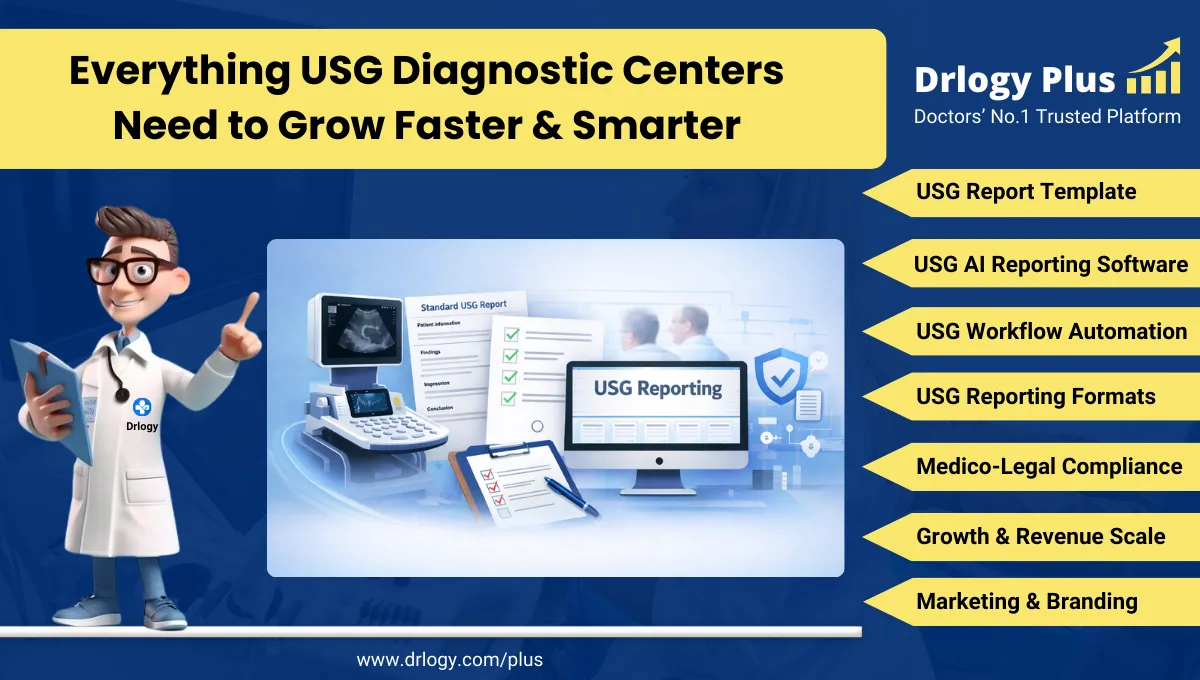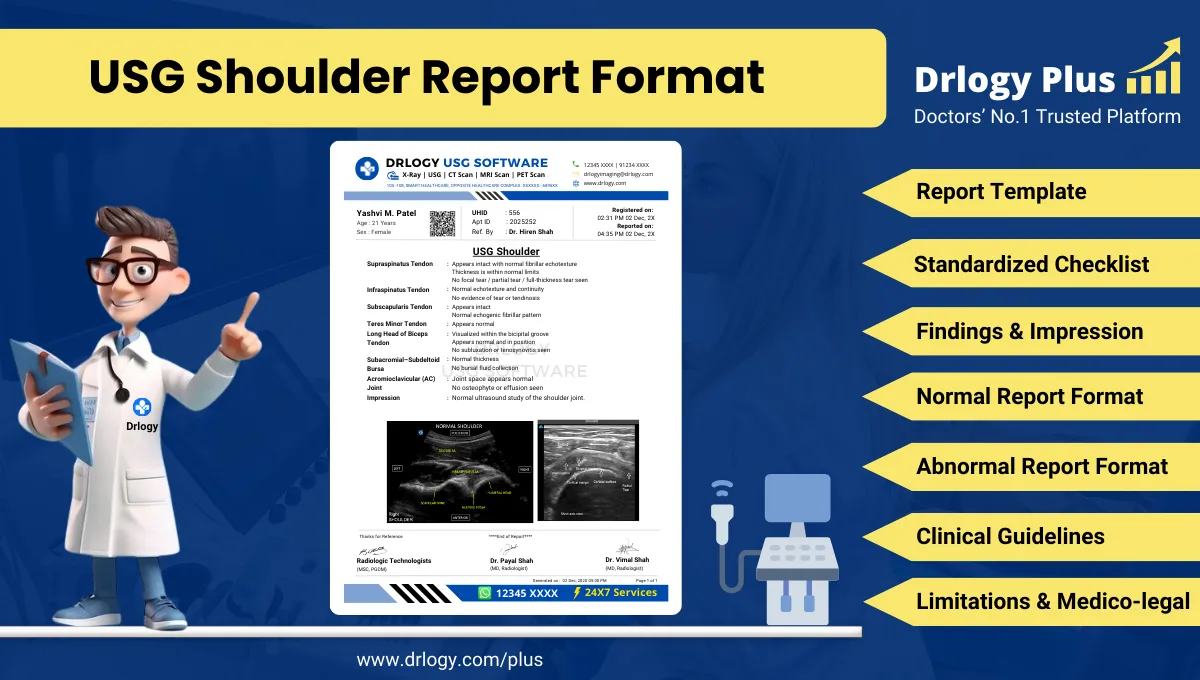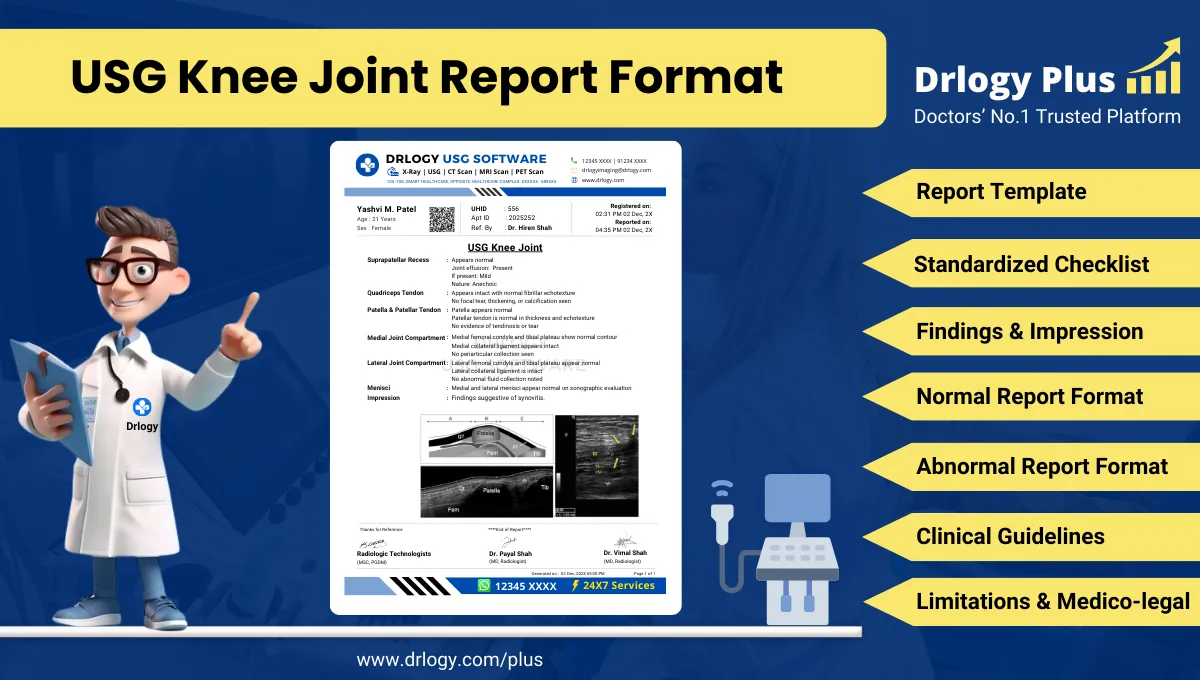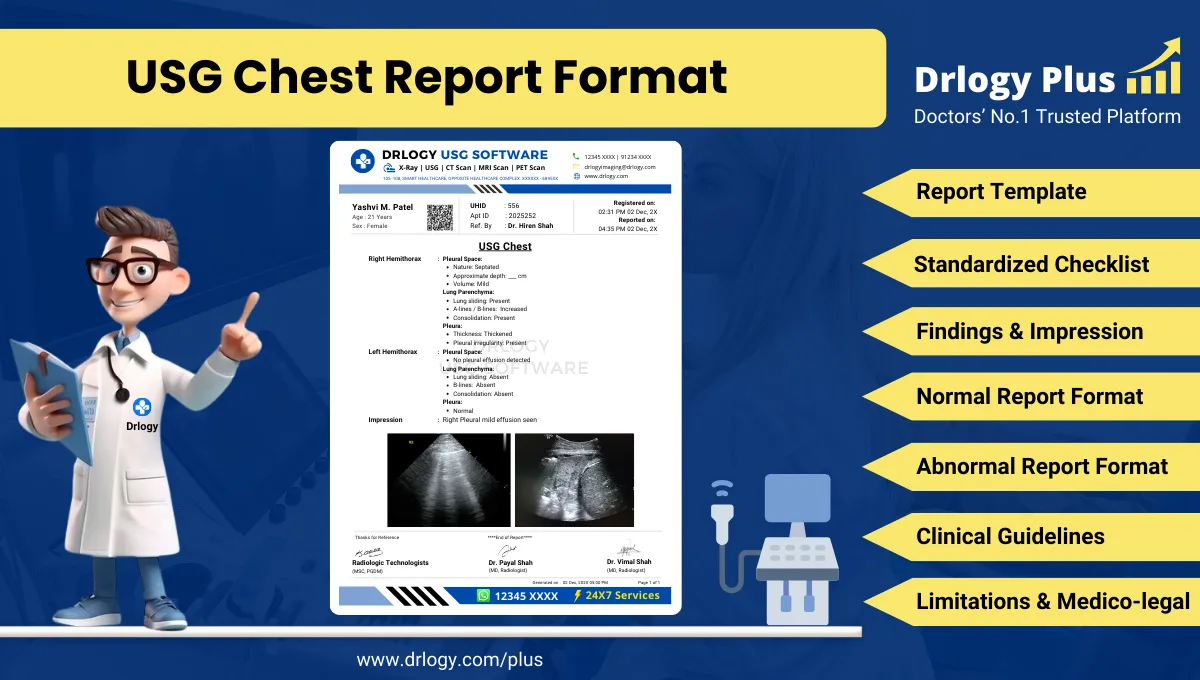

Drlogy
Healthcare organization
14 Electronic Health Records (EHR) Software Features For Hospital
Implementing comprehensive EHR software features is crucial for enhancing the efficiency, accuracy, and quality of hospital operations.
Check:
Best Hospital Management Software For Electronic Health Records (EHR)
These features streamline workflows, improve patient care, and ensure secure management of health information. Below are the best EHR software features that significantly contribute to hospital management and patient outcomes.
Check:
14 Best EHR Software Features For Hospital
Here are the 14 Best EHR Software Features For Hospitals.
1. Appointment Management
- Streamlines Scheduling: Automates the process of booking, rescheduling, and canceling appointments, reducing administrative workload.
- Reduces No-Shows: Sends automated reminders to patients, minimizing missed appointments and enhancing clinic efficiency.
- Improves Patient Experience: Provides an easy-to-use interface for patients to manage their appointments, leading to higher satisfaction.
- Optimizes Resource Utilization: Ensures optimal use of staff and facility resources by managing appointments efficiently.
- Facilitates Follow-Ups: Simplifies scheduling of follow-up appointments, ensuring continuity of care.
2. Patient Portal
- Empowers Patients: Provides patients with access to their health records, test results, and treatment plans, promoting engagement.
- Enhances Communication: Facilitates secure messaging between patients and healthcare providers for quick queries and follow-ups.
- Improves Accessibility: Allows patients to access their health information anytime, from anywhere, improving convenience.
- Supports Appointment Management: Enables patients to book and manage their appointments online.
- Encourages Patient Education: Provides educational materials and resources to help patients understand their health conditions.
3. ePrescribe
- Reduces Errors: Eliminates handwritten prescriptions, reducing the risk of misinterpretation and errors.
- Enhances Efficiency: Streamlines the prescription process, allowing providers to send prescriptionsectly to pharmacies.
- Improves Patient Safety: Checks for drug interactions and allergies automatically, ensuring safe prescribing.
- Facilitates Medication Management: Provides an electronic record of all prescriptions, aiding in medication reconciliation.
- Increases Convenience: Simplifies the prescription process for patients, reducing wait times at pharmacies.
4. Patient Reporting
- Provides Comprehensive Insights: Generates detailed reports on patient health metrics, aiding in clinical decision-making.
- Supports Monitoring and Tracking: Helps track patient progress and outcomes over time.
- Enhances Data Analysis: Offers tools for analyzing patient data toentify trends and improve care quality.
- Facilitates Compliance: Ensures documentation and reporting meet regulatory requirements.
- Improves Communication: Provides clear, concise reports that can be shared with patients and other healthcare providers.
5. Patient Billing
- Streamlines Billing Processes: Automates billing and invoicing, reducing administrative workload and errors.
- Enhances Accuracy: Ensures accurate billing by integrating with clinical records and coding systems.
- Improves Transparency: Provides patients with clear, detailed bills, enhancing trust and satisfaction.
- Facilitates Payment Tracking: Tracks payments and outstanding balances, improving financial management.
- Supports Insurance Claims: Simplifies the submission and tracking of insurance claims, reducing delays and denials.
6. Lab Results
- Speeds Up Diagnosis: Provides quick access to lab results, facilitating timely diagnosis and treatment.
- Enhances Coordination: Integrates lab results with patient records, improving coordination of care.
- Improves Accuracy: Reduces the risk of errors by electronically receiving and storing lab results.
- Increases Patient Engagement: Allows patients to view their lab results through the patient portal.
- Supports Clinical Decisions: Provides comprehensive lab data to support informed clinical decision-making.
7. Patient Education
- Empowers Patients: Provides access to educational materials, helping patients understand their health conditions and treatments.
- Enhances Compliance: Educates patients on the importance of following prescribed treatment plans.
- Improves Health Outcomes: Informed patients are more likely to engage in healthy behaviors and adhere to their care plans.
- Supports Chronic Disease Management: Offers resources to help patients manage chronic conditions effectively.
- Encourages Preventive Care: Educates patients on preventive measures and lifestyle changes to maintain health.
8. Customer Support
- Enhances User Experience: Provides responsive support to address user queries and issues promptly.
- Ensures System Reliability: Helps resolve technical issues, ensuring the EHR system remains functional and reliable.
- Facilitates Training: Offers training resources and support to help users maximize the system's benefits.
- Improves Adoption: Supports smooth implementation and transition to the EHR system.
- Enhances Satisfaction: Ensures users have a positive experience, increasing satisfaction and trust in the system.
9. Patient Health Records
- Centralizes Information: Provides a comprehensive, centralized record of patient health information.
- Enhances Coordination: Facilitates seamless information sharing among healthcare providers.
- Improves Decision-Making: Provides complete and accurate patient data to support clinical decisions.
- Supports Continuity of Care: Ensures patient information is available throughout the care continuum.
- Enhances Compliance: Meets legal and regulatory requirements for health record management.
10. Mobile App
- Increases Accessibility: Allows healthcare providers and patients to access health information on-the-go.
- Enhances Communication: Facilitates secure messaging and communication through mobile devices.
- Improves Convenience: Provides easy access to appointments, health records, and other features anytime, anywhere.
- Supports Remote Monitoring: Enables remote monitoring of patient health metrics.
- Enhances Patient Engagement: Engages patients through mobile access to their health information and care plans.
11. Patient Data Security
- Protects Sensitive Information: Ensures the confidentiality and integrity of patient health data.
- Enhances Trust: Builds patient trust by safeguarding their personal health information.
- Supports Compliance: Meets legal and regulatory requirements for data security.
- Reduces Risk of Breaches: Implements advanced security measures to prevent data breaches.
- Ensures System Integrity: Protects against unauthorized access and cyber threats.
12. Staff Management
- Optimizes Workforce Efficiency: Streamlines staff scheduling and task management.
- Enhances Coordination: Improves communication and collaboration among staff members.
- Tracks Performance: Monitors staff performance andentifies areas for improvement.
- Facilitates Training: Manages staff training and certification requirements.
- Improves Compliance: Ensures staff adhere to policies and regulations.
13. Patient Followup
- Ensures Continuity of Care: Manages follow-up appointments and communications to maintain ongoing care.
- Improves Patient Outcomes: Tracks patient progress and adjusts treatment plans as needed.
- Enhances Engagement: Keeps patients engaged with their care through regular follow-ups.
- Reduces Readmissions:entifies and addresses issues early to prevent hospital readmissions.
- Facilitates Communication: Provides a platform for ongoing communication between patients and providers.
14. Medication Management
- Enhances Safety: Provides tools for e-prescribing and checking for drug interactions.
- Improves Adherence: Sends reminders for medication intake and refills.
- Tracks Medication History: Maintains a comprehensive record of all prescribed medications.
- Supports Reconciliation: Ensures accurate medication lists during transitions of care.
- Educates Patients: Provides information on medications and their proper use.
Drlogy EHR Software Features Guide
Here's full guide for 14 best EHR (Electronic Health Record) software features for hospitals:
| 1. Appointment | 8. Support |
| 2. Patient Portal | 9. Health Records |
| 3. ePrescribe | 10. Mobile App |
| 4. Reporting | 11. Data Security |
| 5. Patient Billing | 12. Staff |
| 6. Lab Results | 13. Followup |
| 7. Patient Education | 14. Medication |
Summary
Overall, Implementing these 14 essential EHR software features enhances hospital operations, improves patient care, and ensures secure management of health information, thereby optimizing healthcare delivery.
Check Drlogy EHR Software Features Guide for efficient inpatient management and enhanced patient care for your clinics and hospitals for patient management.




